Dementia and Spiritual Awakening – on the Coincidences of an Ongoing Research Process
3 October, 2025
I had been working in the field of gerontopsychiatry with a focus on dementia for over twenty years, training professional carers, counseling relatives of people with dementia, and conducting clinical supervision in gerontopsychiatric care, always with the independent research question in the background of why people develop dementia.
From the very beginning, it seemed obvious to me that dementia was not an exclusively passive process and not an exclusively biomedical process to which people were helplessly exposed, even though my own professional training and the content I had to teach in my classes suggested just that: Dementia as an expression of an inexplicable degeneration of nerve cells, a phenomenon that, despite billions spent on research, was still not really understood.
My intuition, which usually helped me to understand the needs and motivations of people with dementia when they exhibited what was referred to as ‘challenging behaviour’, increasingly led me in a direction of interpretation that I compared what I could perceive in the quiet phases of people with advanced dementia to the state of a Zen monk in deep contemplation. Today, I know that I was on the trail of a very important insight, which I can now formulate as follows: while the Zen monk can enter and leave a state of emptiness of his own free will, a person with advanced dementia increasingly finds themselves in a state of emptiness, but they can neither consciously create nor consciously end it. Thus, one can say that Zen monks can immerse themselves in conscious emptiness, while people with dementia fall into unconscious emptiness.
But what helped me to transform all these intuitive insights into phenomenologically researched findings (awaiting autoethnographic evaluation) was a synchronicity of such magnitude that I would probably have preferred to spare myself if I had known what was in store for me: I had the opportunity to experience, diagnose and document dementia symptoms in myself during a years-long spiritual transformation process in a way that I could not have imagined more radically. Through an unusual experience of consciousness, an experience of nothingness, I experienced what I call the dissolution of the self: the experience that the self, the personal identity, is dissolving more and more and is therefore no longer the guiding authority in everyday life, decision-making and problem-solving – in short, the executive functions are losing their guiding authority, at least temporarily. Did I have ‘dementia’ or was I just “confused” and ‘disoriented’? I cannot answer that reliably, at least not at the moment; perhaps I will be able to do so one day when I have the opportunity to document at least the current status of my brain with an MRI and EEG.
And my ‘coincidental parallels,’ which I found through this extraordinary experience and the subsequent spiritual transformation, are actually not mine alone: Just yesterday, I had another conversation with a meditation and awakening researcher who confirmed to me that many people who go through awakening processes report dementia-like symptoms and, in some cases, permanent changes in their cognitive abilities, especially with regard to memory.
Thus, the parallels I have found between dementia and spiritual awakening seem to be more than just a coincidence of my personal development path. But the fact that it happened to me, a dementia expert who has been trying for many years to understand why people develop dementia, is certainly more than an accidental coincidence.
Of course, these parallels need more research – and that is what I am now working on. And this research needs support, which is what I am asking for:
https://www.gofundme.com/f/forschung-zu-demenztranszendenz
For more information, please visit: https://www.bettinawichers.de/english-1/transcending-dementia/
Photo by Steven HWG on Unsplash

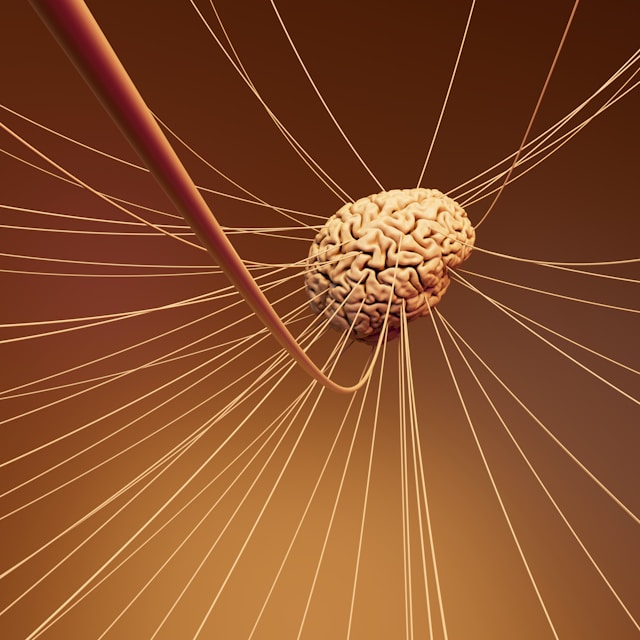
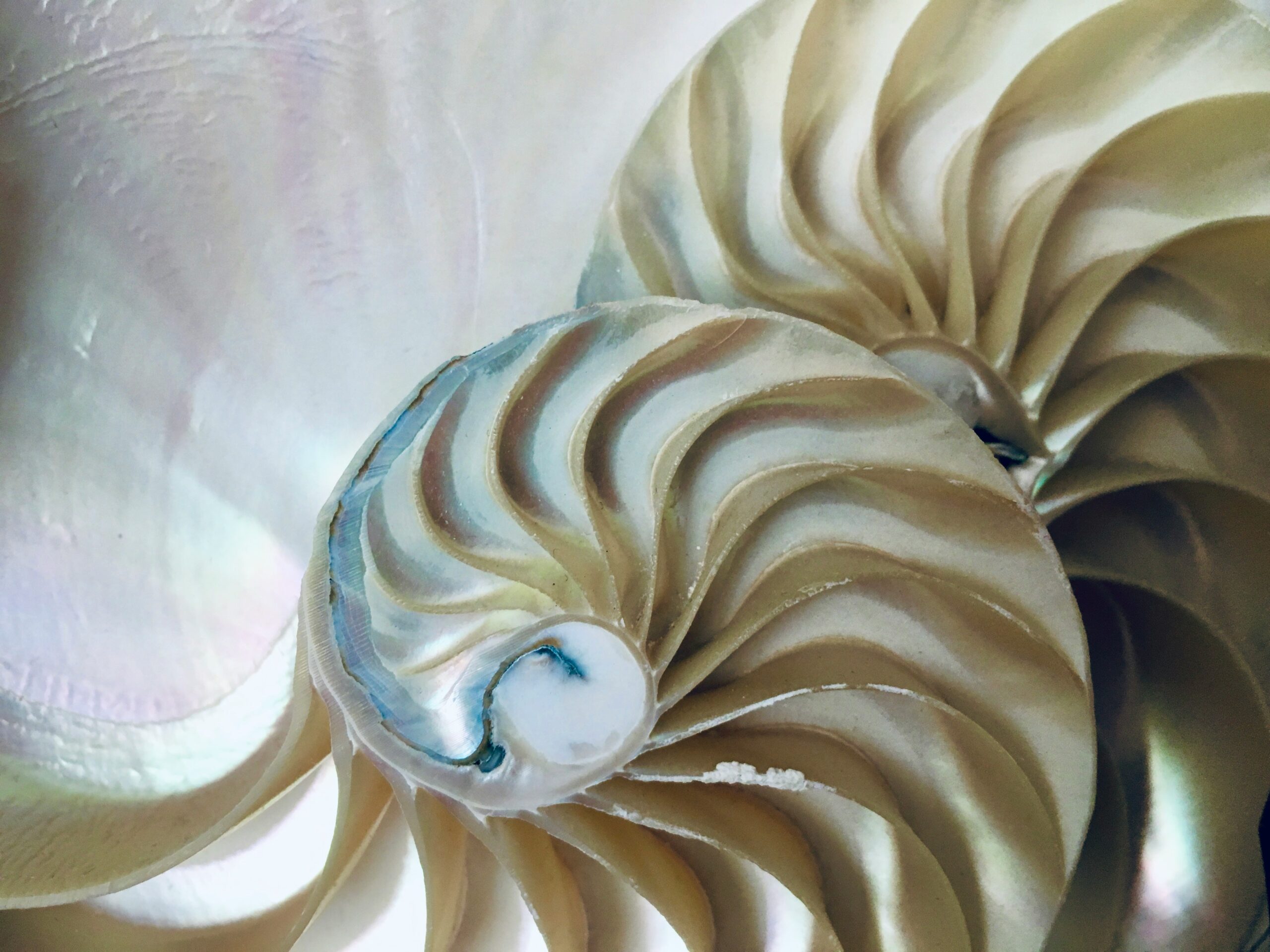
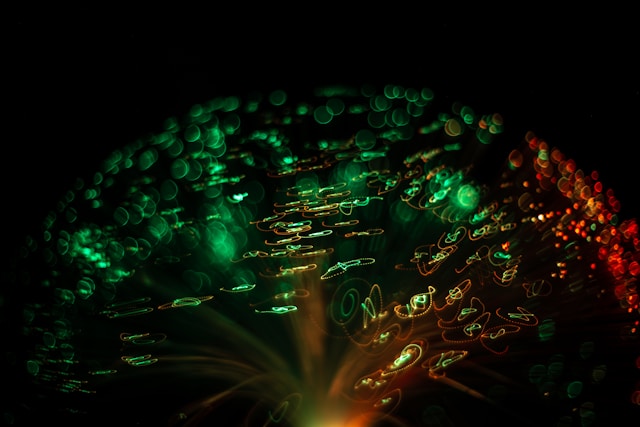

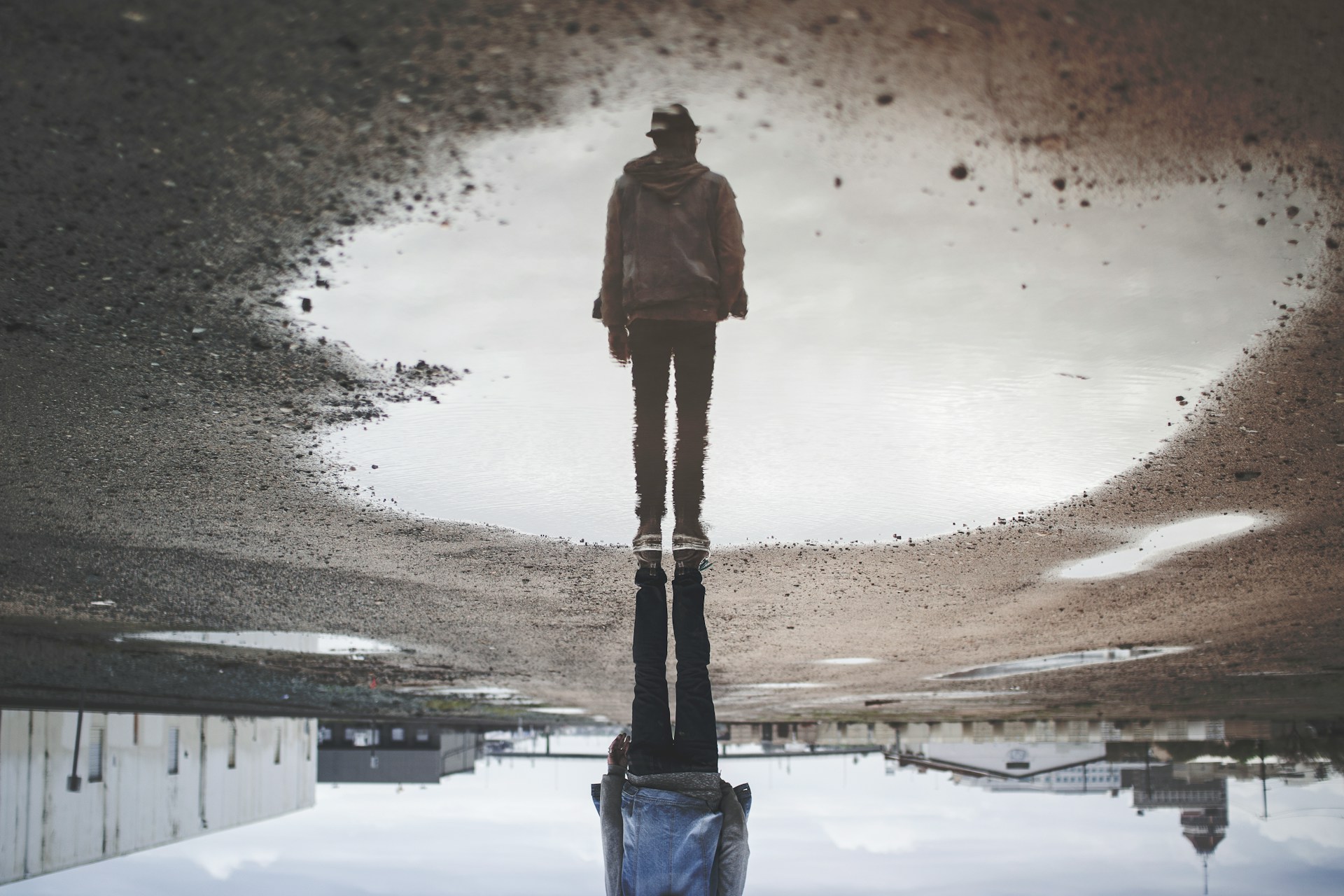
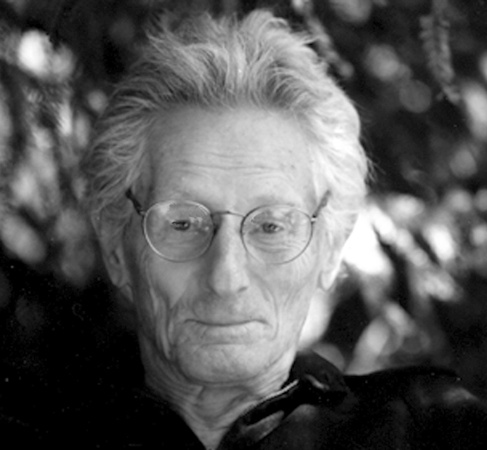








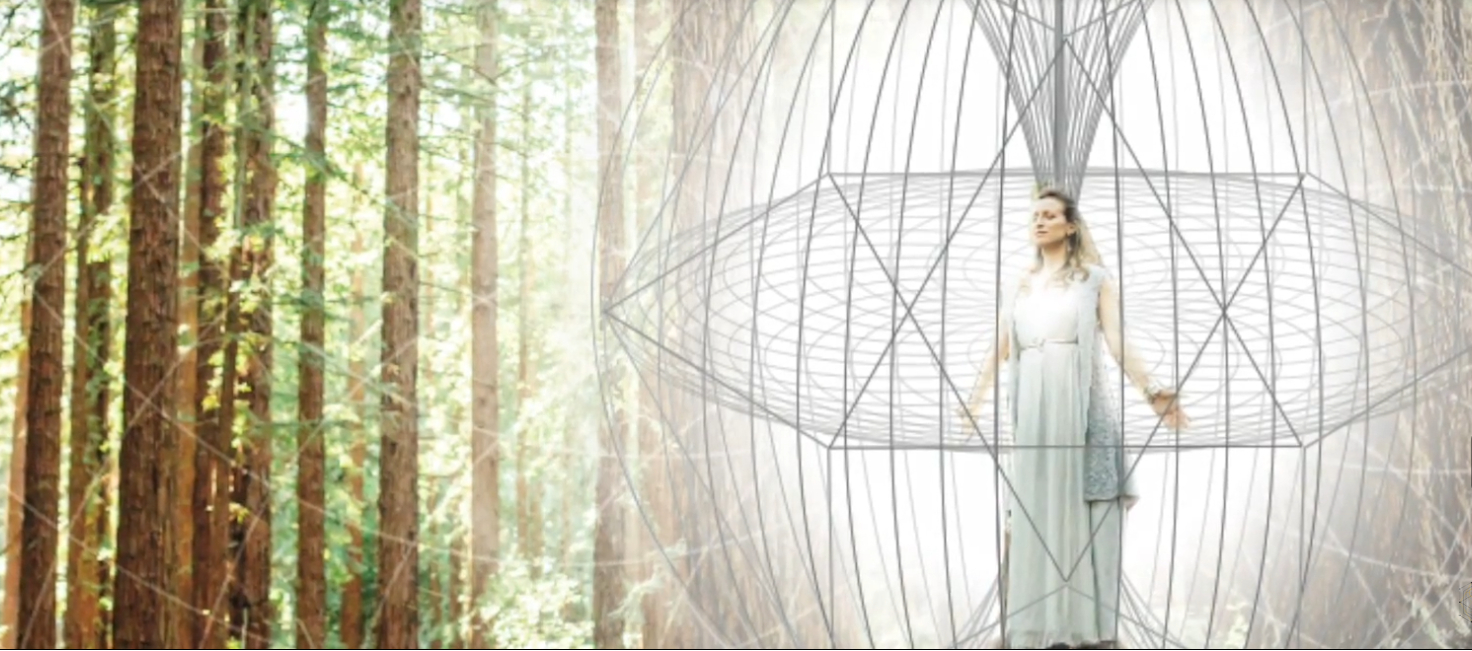



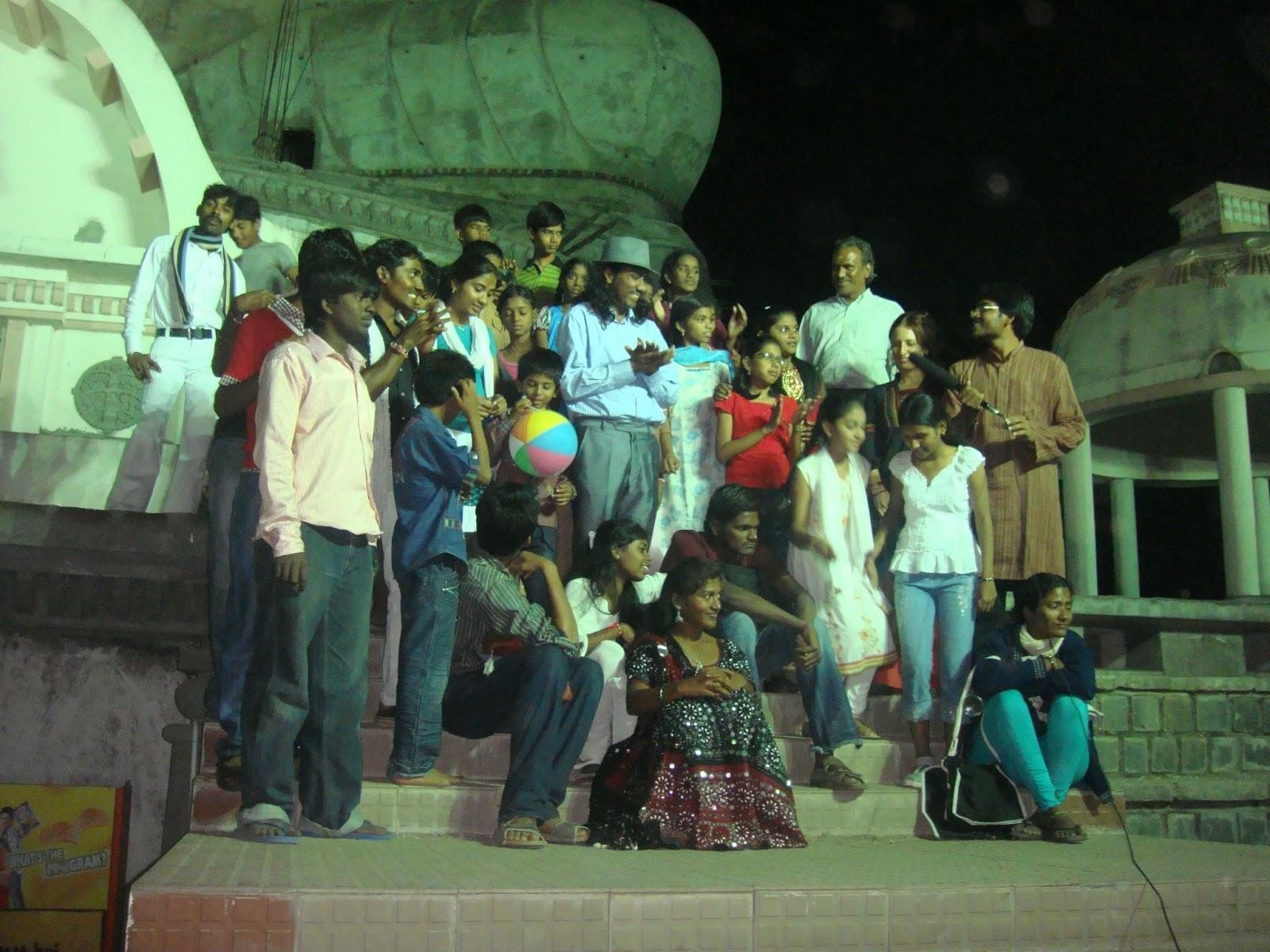
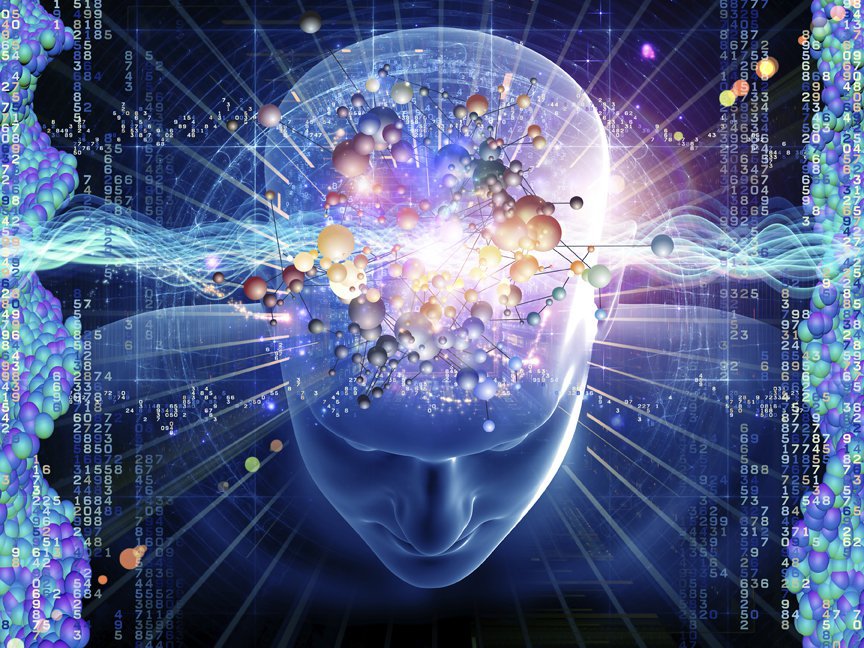

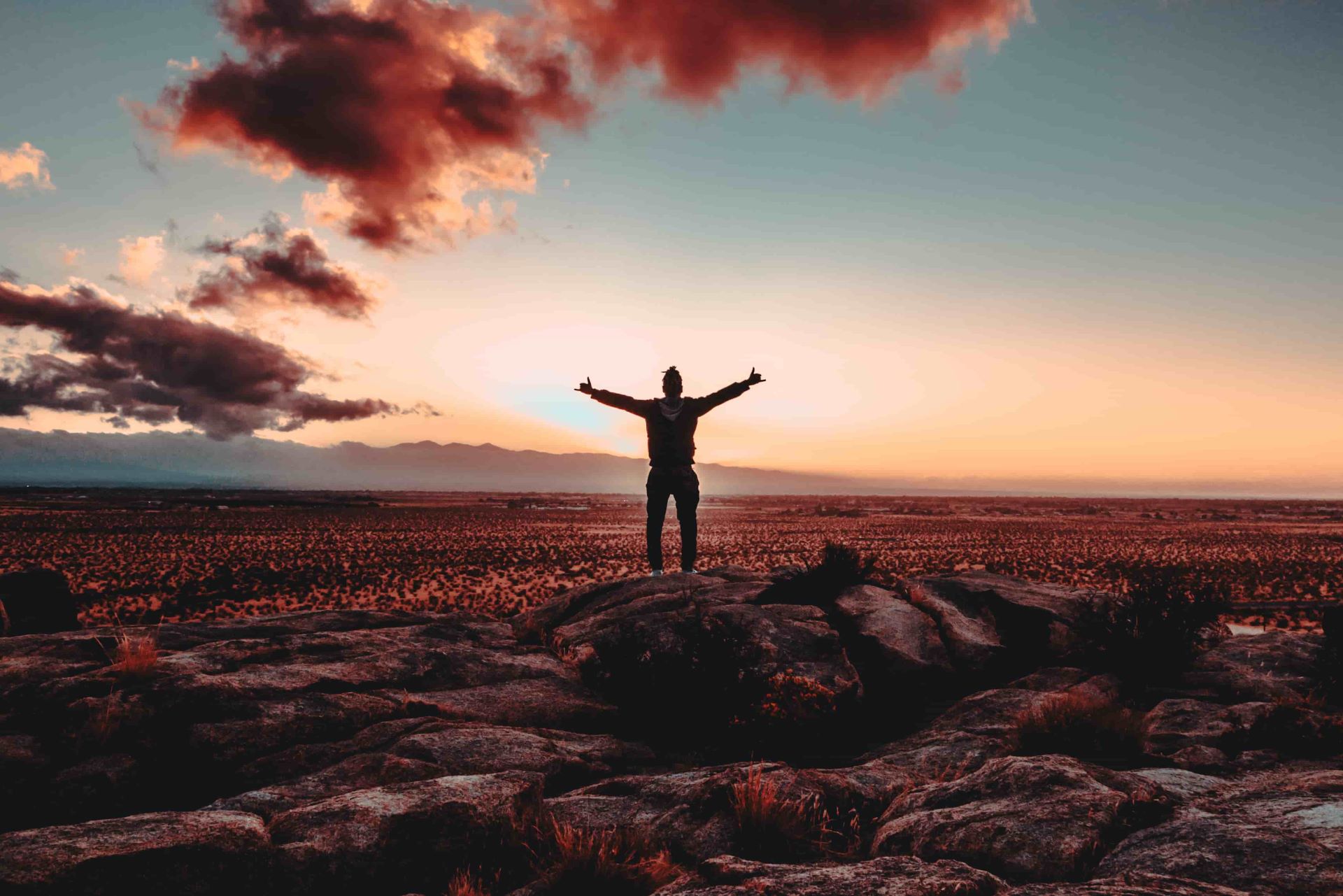
Comments